Table of Contents
Related Posts
Betrayal and divorce are complex and emotionally challenging experiences that can have a profound impact on individuals and families. Both betrayal and divorce involve the breakdown of trust and the end of a significant relationship, often leading to a range of intense emotions and difficult adjustments. Here are some aspects to consider:
Betrayal:
- Types of Betrayal:
- Betrayal can take various forms, such as infidelity, dishonesty, financial betrayal, or emotional neglect. The nature of the betrayal can influence the emotional toll it takes.
- Emotional Impact:
- Betrayal often leads to a deep sense of hurt, anger, and confusion. Coping with these emotions can be challenging, and seeking support from friends, family, or professionals may be essential.
- Communication:
- Open and honest communication is crucial. If both parties are willing, couples therapy can be an option to address underlying issues and work towards healing.
Divorce:
- Legal Process:
- Divorce involves a legal process to dissolve the marriage. Seeking legal advice early on can help individuals understand their rights and responsibilities.
- Emotional Rollercoaster:
- Divorce is a major life transition and often comes with a range of emotions, including grief, sadness, anger, and relief. It’s important to give oneself time to process these emotions.
- Support System:
- Building a strong support system is vital. Friends, family, and potentially a therapist can offer emotional support during this challenging time.
- Children and Co-Parenting:
- If there are children involved, co-parenting can be a significant aspect to navigate. Maintaining open communication and focusing on the well-being of the children is crucial.
- Rebuilding Life:
- After a divorce, individuals may need to rebuild their lives. This can include rediscovering personal interests, forming new social connections, and potentially exploring new relationships.
Overlapping Considerations:
- Professional Help:
- Seeking the assistance of therapists, counselors, or support groups can be beneficial for processing the emotional impact of betrayal and divorce.
- Self-Care:
- Taking care of one’s physical and mental well-being is essential during these challenging times. This may include exercise, healthy eating, and engaging in activities that bring joy.
- Legal and Financial Aspects:
- Understanding the legal and financial implications of divorce is crucial. Consulting with professionals in these fields can help individuals make informed decisions.
It’s important to note that everyone’s experience with betrayal and divorce is unique. While the process can be difficult, many individuals find a path to healing and personal growth over time. If you or someone you know is going through these challenges, seeking professional help and support is encouraged.
Photo by Afif Ramdhasuma on Unsplash




